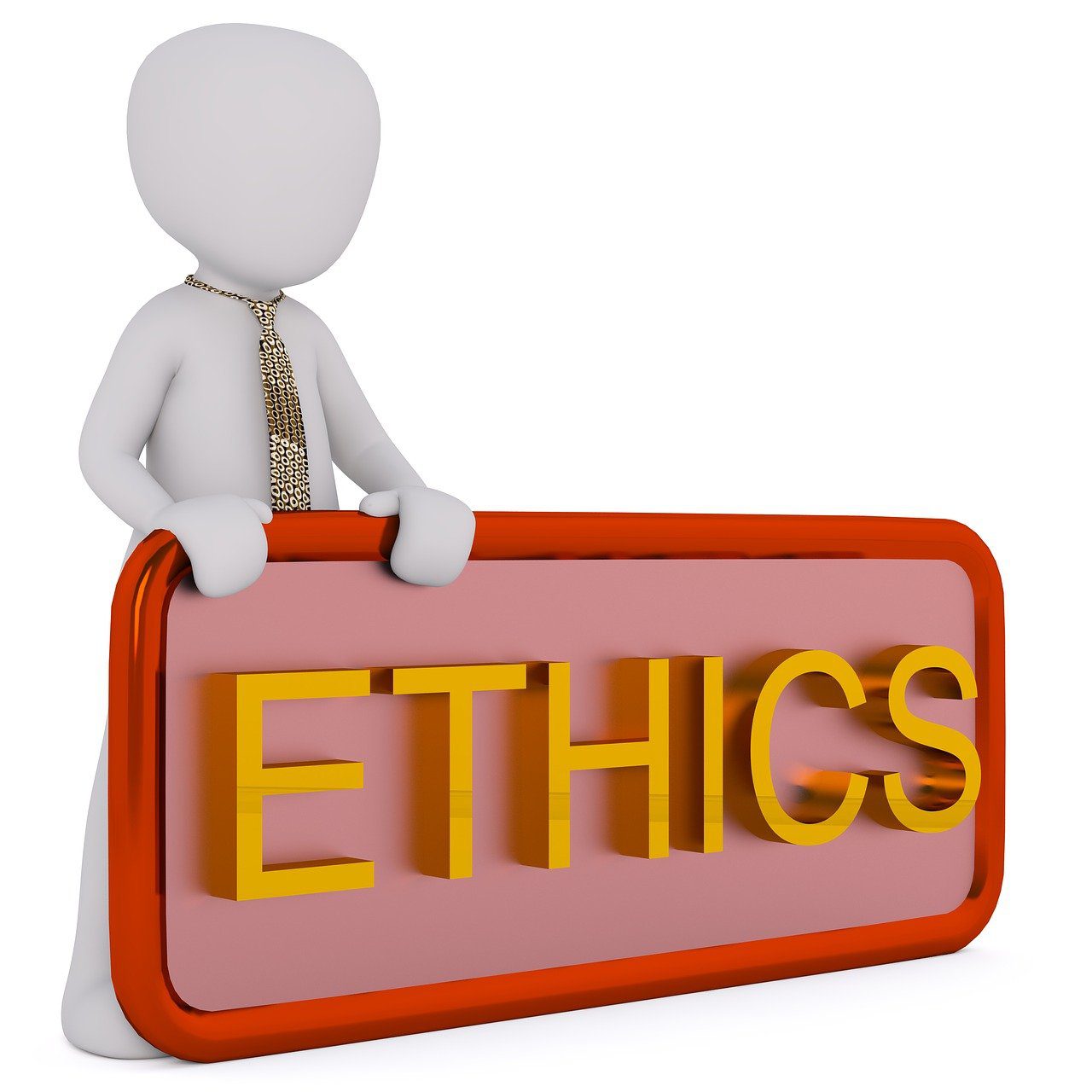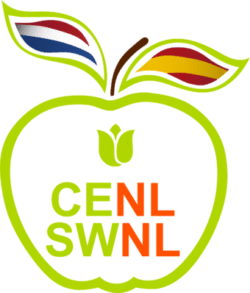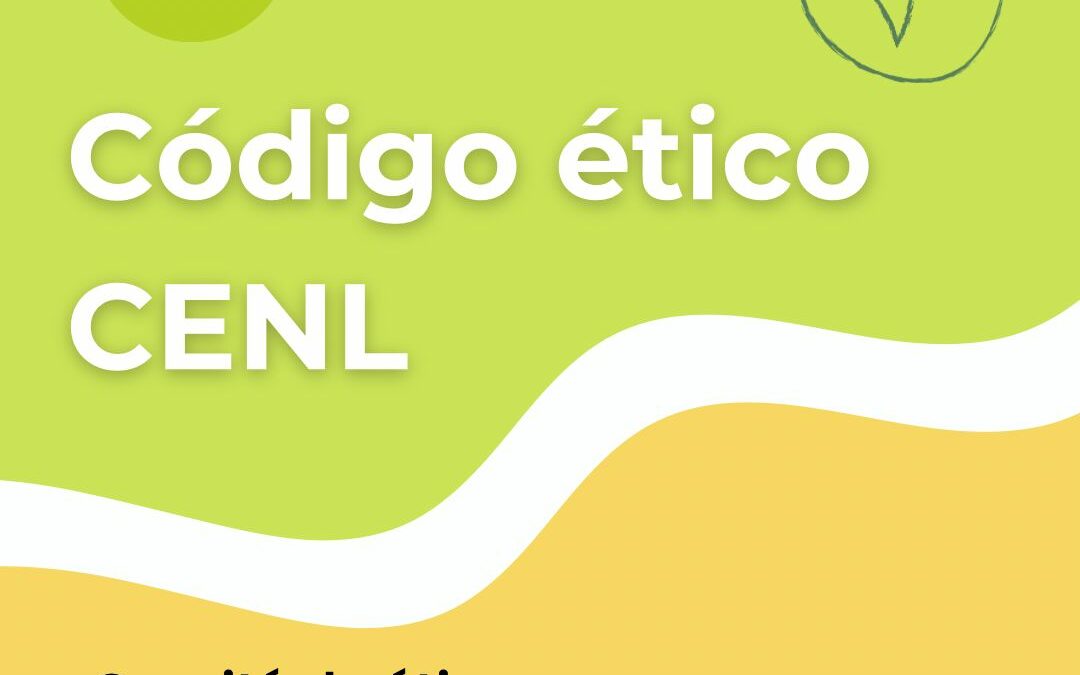In order to talk about the CENL Code of Ethics, it is important, first, to understand why we believe a code of ethics is necessary and what it contributes to an association like ours.
Spanish Scientists in the Netherlands, or CENL, as we know it on a day-to-day basis, was created in 2019 with very broad and, at the same time, specific objectives. Broad in the sense that we cover many fronts (dissemination, communication, representation, point of contact) and specific in that we represent a very defined community (Spanish scientists who live and work in that country), which is governed by the scientific evidence. As an association, we address a variety of groups: public representatives, society, two countries with different cultures but historically united. As individuals, we must not forget that the scientific community is diverse in opinions, background and way of understanding the world; In short, we are people, equal to those of other groups with which we interact.
We live in a golden age of communication on a large scale, in which we can interact and learn from people we have never met face to face; but also this communication has become so quick and brief that misunderstandings are frequent. Social and personal relationships have become more complex. For this reason, we believe that an association as diverse as ours, in structure, objectives, members and interest groups, needs some basic rules of action that commit us to act in good faith. We need to be neutral in our interactions with institutions, open to society, flexible in our internal interactions, and faithful to scientific evidence, all at the same time.
It is there where the creation of the Ethics Commission of CENL arose. Composed of three volunteer members, plus a member of the Board of Directors as its liaison, we were entrusted with the creation of the Code of Ethics and ensuring its compliance. The first step was; but starting to shape it was more complicated: what should our ethical code contain?
Given that a code of ethics is a document that includes the principles and values that should govern the Association and those who make it up, we begin by defining these values:
- Respect, tolerance and dialogue: An essential characteristic of the association is the plurality and diversity of its members, as a reflection of the plurality and diversity of every human society. We must embrace and celebrate this diversity among our members. That is why respect, tolerance and dialogue are fundamental values of CENL.
- Transparency: As an association, we aspire to be based on participation and bidirectionality between members and positions. In coherence, CENL adopts transparency as an essential value of its activity, materialized in the accessibility and traceability of its decisions, processes and data of a public nature.
- Responsibility and commitment: Membership of CENL and the degree of participation and involvement of each member in the association are completely voluntary. Members who wish to do so can become actively involved in the association in many ways, and by doing so, they take responsibility and commitment to the teams they work with.
- Professionalism: As an association of scientists and researchers, an important value at CENL is to maintain quality scientific standards. As active scientists we must adhere to good research practices complying with the four basic principles of reliability, honesty, respect and responsibility contained in the European Code of Conduct for Scientific Integrity.
- Neutrality and Independence: CENL is an independent association of government institutions and agents. Consequently, independence and neutrality, both with respect to political interests and private interests, are essential values of the association. These must be applied to the activities of promotion and dissemination of scientific policies and to the institutional relations of the association.
The second function of a Code of Ethics is to serve as a basis for resolving conflicts when they occur. In this, the CENL Code of Ethics stands out for a detailed list of 40 articles that break down, in three different parts, first, clear definitions of the concepts of infraction, sanction, guarantees and responsibilities of the members; then, descriptions of the types of violations of the values of the association and the corresponding sanctions; and, finally, the disciplinary procedure in case of infringement. The final objective has been to create a Code that is reliable, understandable, flexible and, above all, a process that guarantees the dignity and freedom of people.
The Code of Ethics was presented to members for consultation and later ratified at the 2022 General Assembly of Members. True to our intention to make this Code a place of discussion and cohesion for our members, the document is continually open to suggestions for improvement. which are evaluated by the Committee. In 2023, two improvement proposals were received, from which a modification of the Code has emanated, presented and ratified in the General Assembly this year. It is, therefore, a living and dynamic document, as we want CENL to be.
From the CENL Ethics Commission, we sincerely appreciate the interest and support we have received from our members, and we promise to continue working with transparency, dialogue, professionalism and independence to make this association a community for all its members.
Can you help us to become more? Become a member and participate. Spread our word on the networks. Contact us and tell us about yourself and your project.

Comité Ético
Noelia Lozano, PhD en Biomedicina
Elena Sánchez, PhD en Química Analítica
Sara Serrano, PhD en Historia

